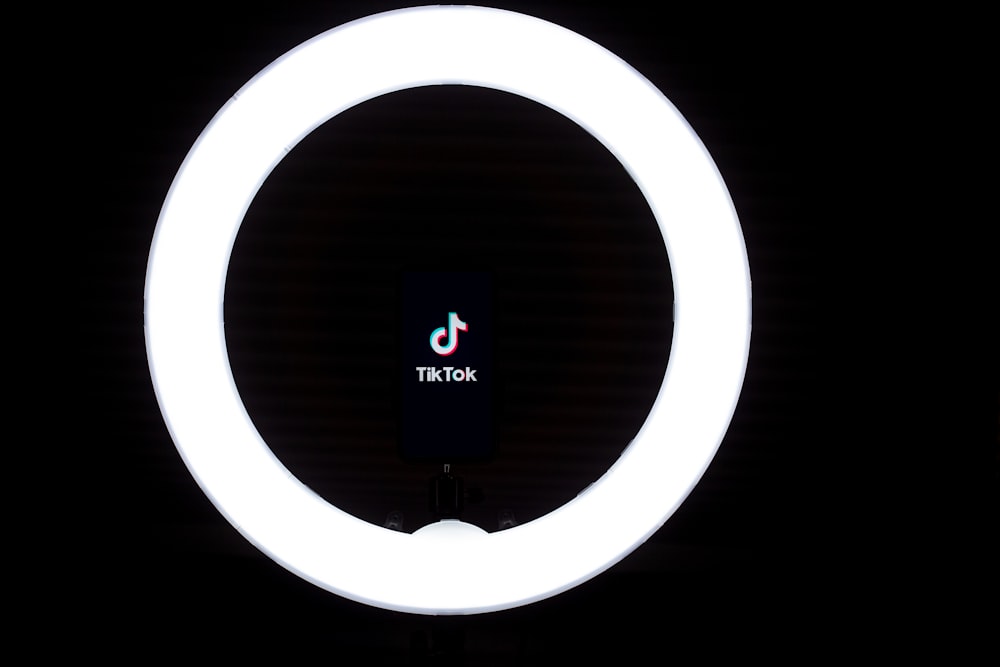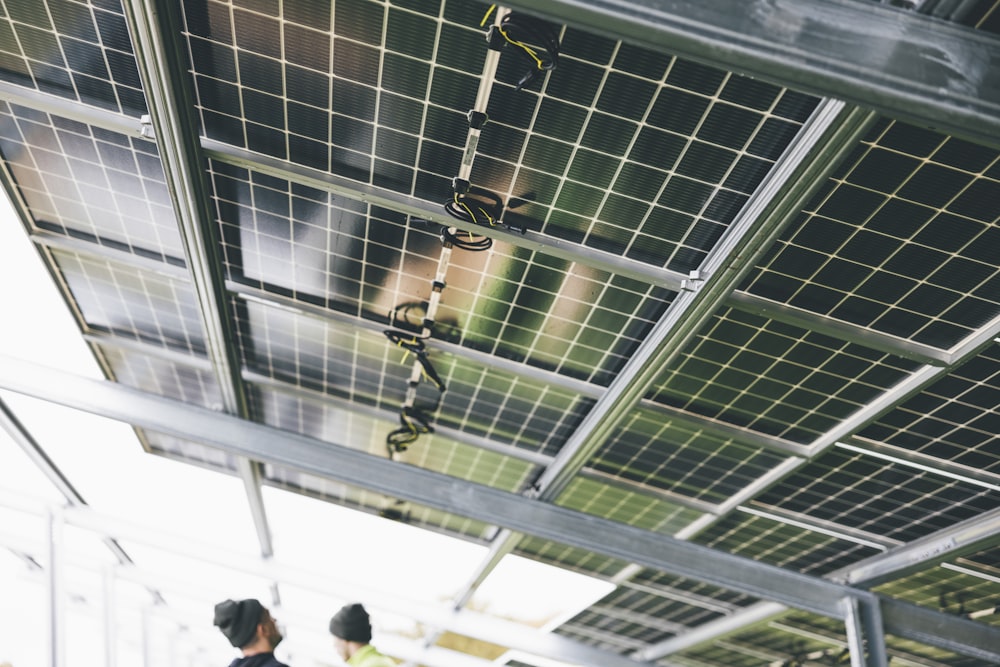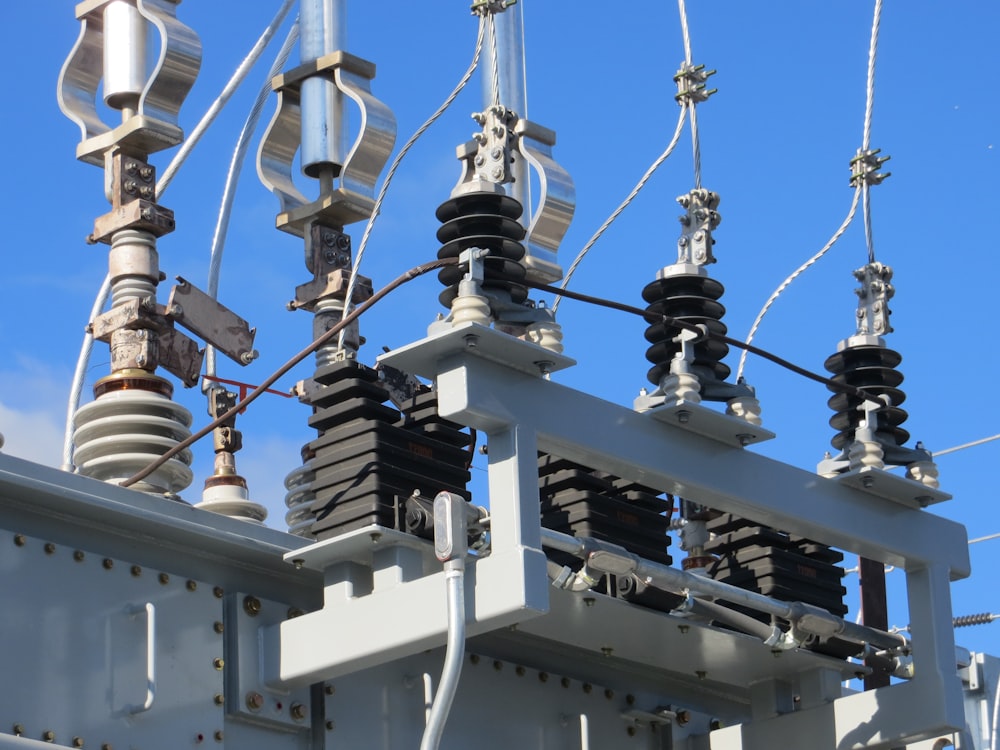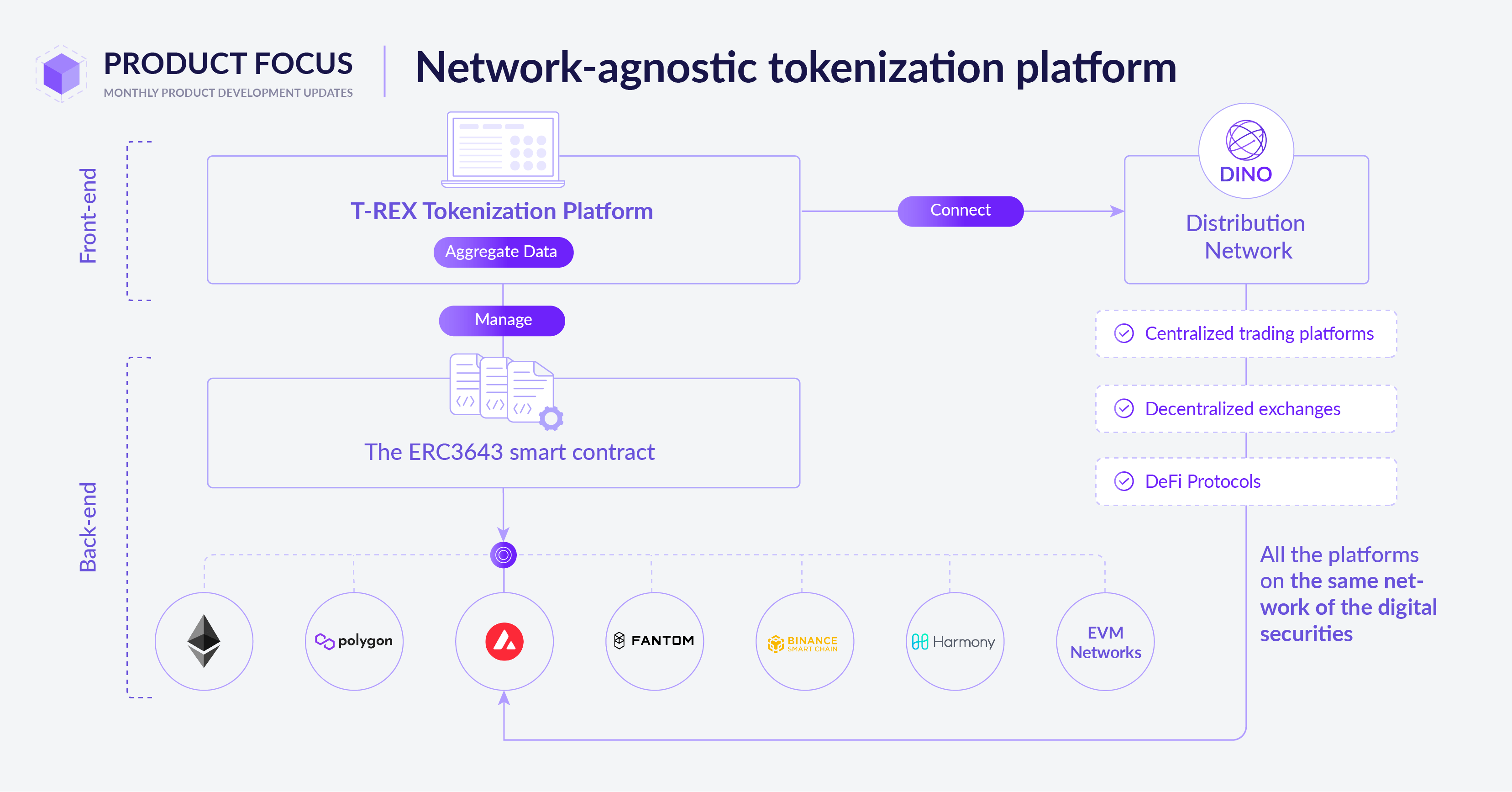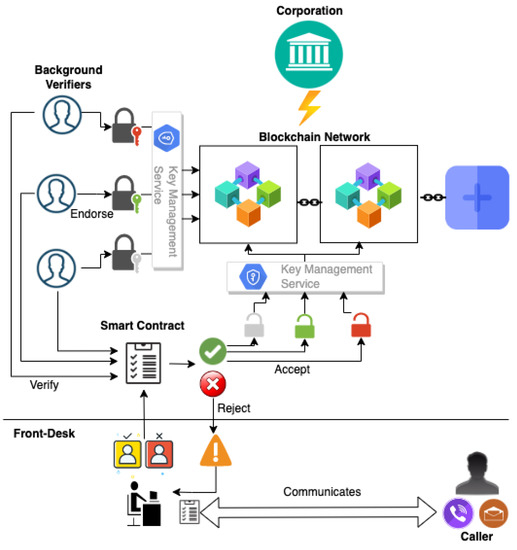Green Hydrogen Fuel Cell: Clean Power Solution
Understanding Green Hydrogen
Green hydrogen fuel cell technology represents a promising avenue for clean and sustainable power generation. Unlike conventional hydrogen production methods, which often rely on fossil fuels and emit carbon dioxide, green hydrogen is produced through electrolysis using renewable energy sources such as solar and wind power. This process splits water molecules into hydrogen and oxygen, yielding a clean and renewable energy carrier that can be used to power various applications, from vehicles to grid-scale energy storage.
The Role of Fuel Cells
Fuel cells are electrochemical devices that convert the chemical energy of hydrogen into electricity and heat through a process known as electrochemical reaction. Green hydrogen fuel cells utilize hydrogen as the fuel and oxygen from the air as the oxidant, producing electricity, heat, and water as byproducts. These fuel cells offer high efficiency, low emissions, and quiet operation, making them ideal for a wide range of applications, including transportation, stationary power generation, and portable electronics.
Applications in Transportation
One of the most promising applications of green hydrogen fuel cells is in transportation, particularly in fuel cell electric vehicles (FCEVs). FCEVs use hydrogen as the fuel to generate electricity in the fuel cell, powering an electric motor to propel the vehicle. Unlike battery electric vehicles, which rely on rechargeable batteries for energy storage, FCEVs can be refueled quickly, offering comparable range and performance to conventional vehicles with zero tailpipe emissions. Additionally, hydrogen fuel cell buses, trucks, and trains are being developed and deployed to reduce emissions in the transportation sector.
Stationary Power Generation
In addition to transportation, green hydrogen fuel cells have applications in stationary power generation, providing clean and reliable electricity for homes, businesses, and remote communities. Fuel cell systems can be deployed as standalone power generators or integrated into existing energy infrastructure, such as microgrids and backup power systems. By leveraging renewable energy sources and hydrogen storage technologies, fuel cells enable off-grid and grid-independent power solutions, enhancing energy security and resilience.
Grid-Scale Energy Storage
Green hydrogen fuel cells also play a role in grid-scale energy storage, providing a flexible and scalable solution for balancing supply and demand on the electricity grid. Excess renewable energy generated during periods of low demand can be used to produce hydrogen through electrolysis, which can then be stored and converted back into electricity during periods of high demand or when renewable energy production is limited. This enables the integration of variable renewable energy sources such as solar and wind into the grid, enhancing its stability and reliability.
Environmental and Economic Benefits
The adoption of green hydrogen fuel cells offers significant environmental and economic benefits compared to conventional energy technologies. By utilizing renewable energy sources and producing zero emissions at the point of use, fuel cells help mitigate climate change, reduce air pollution, and conserve natural resources. Additionally, fuel cell technologies create jobs, stimulate economic growth, and enhance energy security by reducing dependence on imported fossil fuels.
For more information on green hydrogen fuel cell technology, visit here.













